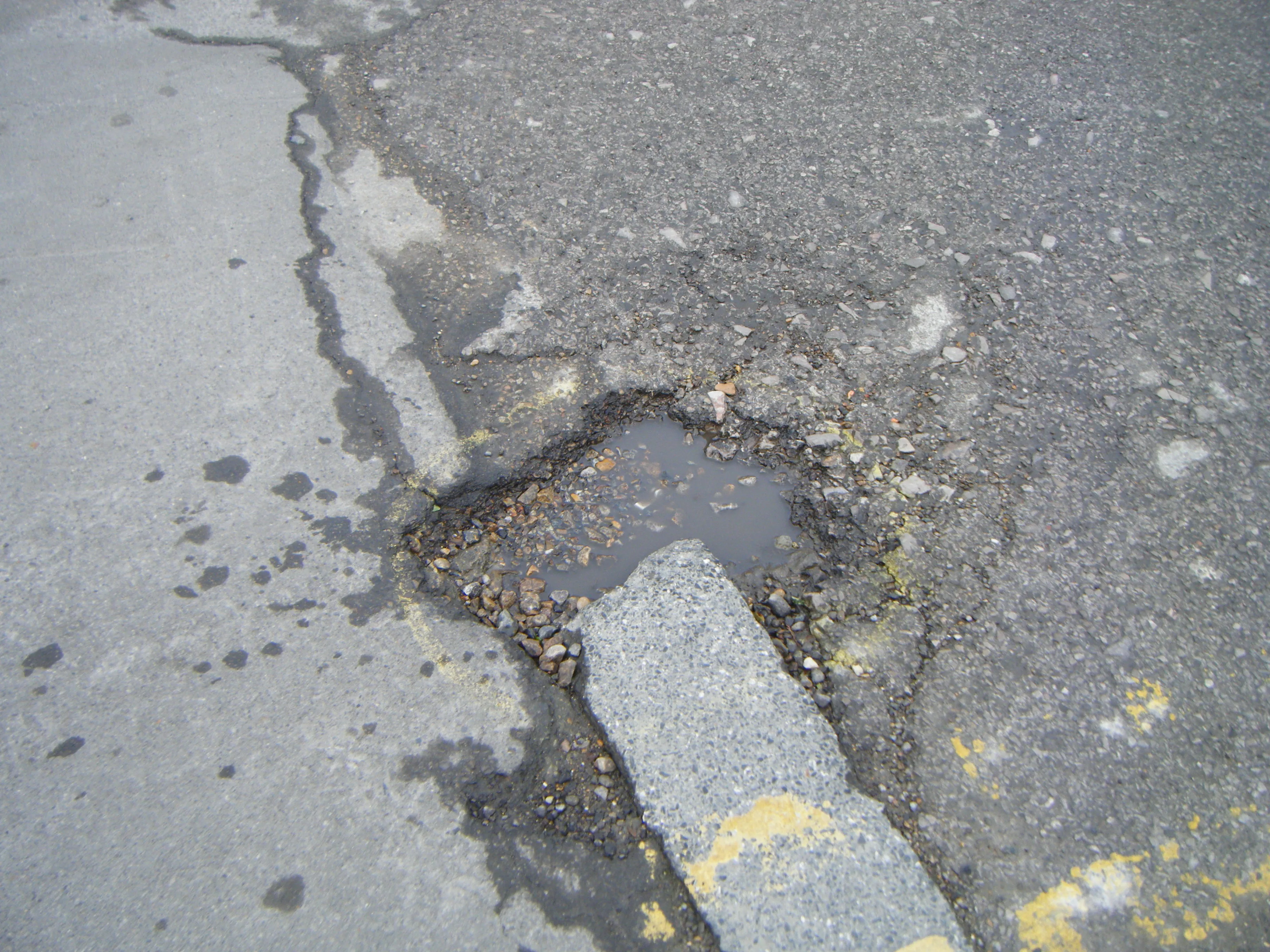A woman car owner in the UK took her Honda Civic to a local garage, complaining that the vehicle’s performance had dropped alarmingly. Due to an indeterminate fault, the car was no longer capable of exceeding 64km/h and the owner was concerned that the problem with the engine could be serious and wished to rectify it. A mechanic was detailed to work on the vehicle and after carrying out a series of tests to determine what was at fault, was both surprised and amused to find the root of the problem: nuts. A s
July 1, 2015
Read time: 2 mins
A woman car owner in the UK took her 2288 Honda Civic to a local garage, complaining that the vehicle’s performance had dropped alarmingly. Due to an indeterminate fault, the car was no longer capable of exceeding 64km/h and the owner was concerned that the problem with the engine could be serious and wished to rectify it. A mechanic was detailed to work on the vehicle and after carrying out a series of tests to determine what was at fault, was both surprised and amused to find the root of the problem: nuts. A squirrel had apparently used the air filter of the car as a suitable storage place for a quantity of nuts, blocking the air inlet and preventing the engine from achieving full power. Using a vacuum cleaner, the mechanic took 30 minutes to remove all the nuts. The squirrel was thought to have taken the nuts from where the car owner had left them on a feeding table for birds, close to where the woman parked the car, and then crept up over the engine and stored them in the air filter opening for later consumption. Once the nuts had been removed the car’s performance was restored. However, how the squirrel responded to the loss of its cache has not been reported. The woman no longer leaves out nuts for birds.








